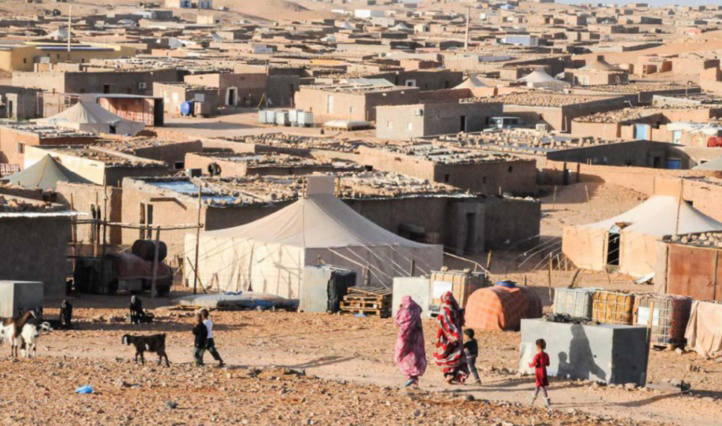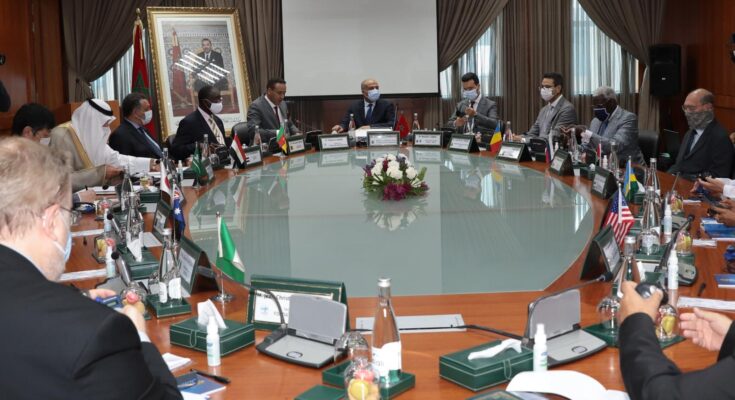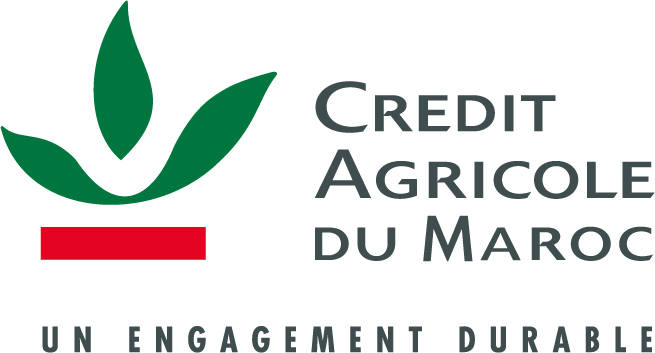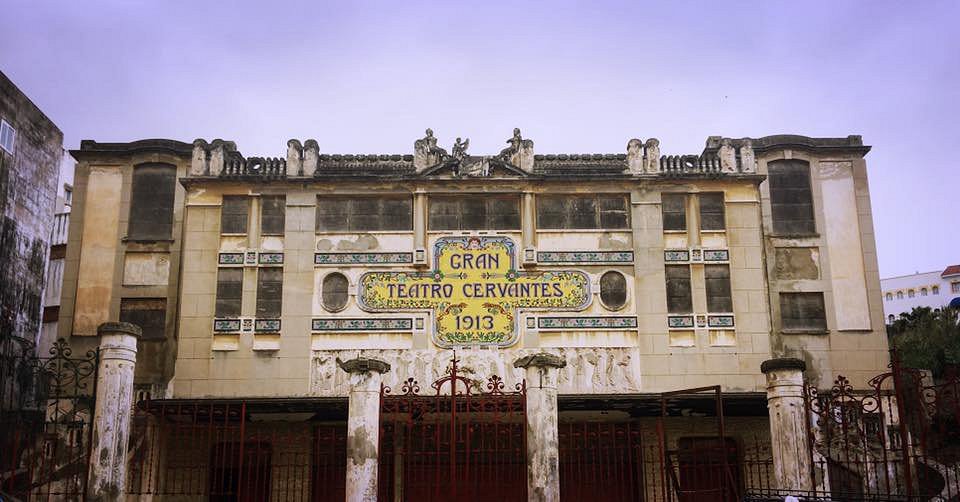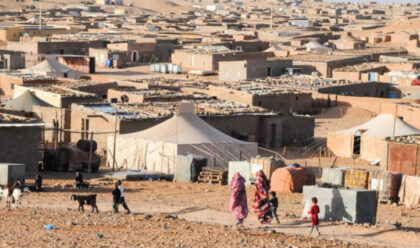 International policy expert Marco Iaconetti has called on the Italian government to launch investigations on the fate of the humanitarian aid it sends to the Tindouf camps in Algeria, noting that evidence rather showed that the aid, supposed to be humanitarian, actually was used to buy arms.
International policy expert Marco Iaconetti has called on the Italian government to launch investigations on the fate of the humanitarian aid it sends to the Tindouf camps in Algeria, noting that evidence rather showed that the aid, supposed to be humanitarian, actually was used to buy arms.
In press articles he published after the latest revelations about the continued diversion of European humanitarian aid by the separatist polisario front and its mentor Algeria, Marco Iaconetti recalled that Italy, a founding member of the EU, has donated $2.5 million worth of humanitarian aid to the Tindouf camps over the last five years.
“Millions of euros have left Italy to support programs of food aid, health, logistics and much more for a population that is surviving in the Algerian desert under extreme conditions,” wrote the Italian expert.
It is quite legitimate to wonder whether Italian taxpayers’ money “has not ended up among the embezzled sums and whether the Italian government intends to launch an investigation into the matter,” he pointed out.
He noted that this is a very relevant issue because, in the midst of the Covid-19 crisis, the Italian government gave another half million euros to the United Nations World Food Program (WFP) to help the refugees in the Tindouf camps.
“Helping the most needy is a sacred principle that testifies to Italian solidarity in the world, but it is a duty to the Italian taxpayer to ensure that such aid does not end up in the wrong hands,” the Italian expert argued.
“Millions of euros of European taxpayers’ money are at stake, while the conditions of the refugees have remained unchanged,” and while the aim of the aid was supposed to be humanitarian, it actually turned out that much of it was used to buy arms”.
The expert also underlined that the appalling living conditions in the camps foster the radicalization of the disenfranchised young people and facilitate their recruitment by terrorist groups, a fact that poses a threat to the region and to Europe.
Touching on the kidnapping of international aid workers in the Tindouf camps, he recalled the case of Italian Rossella Urru “kidnapped by Al Qaeda terrorists on 23 October 2011 in the Tindouf camps with two of her Spanish colleagues”.
“Apart from the profitability of kidnappings, slavery is another serious phenomenon denounced for years by human rights NGOs in these camps,” recalled the Italian expert, stressing that “often very young girls are sold by their fathers to elderly husbands in exchange for financial compensation”.
These actions cannot go unnoticed and require a firm response on the part of the international community, he concluded.
